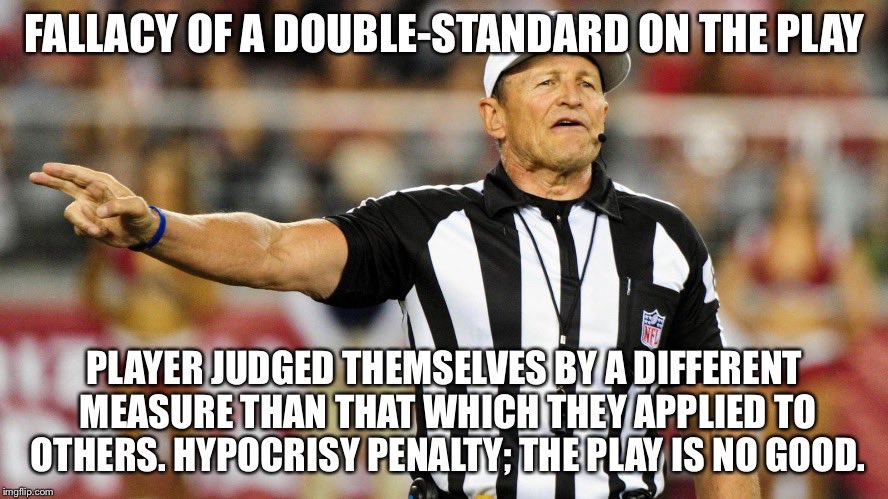

An innocent character had a strong motive to kill the victim, such as jealousy, blackmail, or an unpaid debt.Here are some examples of red herrings that you might see in mystery stories: The red herring also distracts the reader from figuring out the real culprit and may lead them to draw a false conclusion about someone innocent instead. In detective stories, a red herring is a misleading clue that directs the sleuth away from the true villain.

Thus, the term red herring now refers to anything that distracts a reader from the true target. The etymology of this term is unclear, but some say the term dates back to an 1807 news story by journalist William Cobbett.Ĭobbett claimed that he could train hunting dogs by using red herrings-bony fish that were salted and smoked until they turned reddish-brown-to lay a false trail and distract dogs from the scents of the targets they were supposed to be chasing. In other words, red herrings draw the reader’s attention away from what’s really important, like a false clue that leads a detective away from the true culprit. Other potential causes must be examined before asserting that only one event or circumstance alone earlier in time caused a event or behavior later.According to the Merriam Webster Dictionary, a red herring is defined as “something that distracts attention from the real issue.” Perhaps the listener had an abusive home-life or school-life, suffered from a chemical imbalance leading to depression and paranoia, or made a bad choice in his companions. These may be potential suspects for the cause, but the mere fact that an individual did these acts and subsequently behaved in a certain way does not yet conclusively rule out other causes.
#RED HERRING FALLACY MEMES MOVIE#
The most common examples are arguments that viewing a particular movie or show, or listening to a particular type of music "caused" the listener to perform an antisocial act - to snort coke, shoot classmates, or take up a life of crime. Because the first event occurred earlier, it must have caused the bad luck later." This is how superstitions begin. An hour later, my mother had a heart-attack. Example: "A black cat crossed my path at noon. It is the honest writer's job to establish clearly that connection rather than merely assert it exists. Sometimes it does, but sometimes it doesn't. (Literally: "After this, therefore because of this") This type of false cause occurs when the writer mistakenly assumes that, because the first event preceded the second event, it must mean the first event caused the later one.

"We often infer the presence of fire from the fact that we detect smoke." Or, "the presence of smoke implies fire." Note that neither proposition is necessarily true. An easy way to distinguish is to remember that the preposition commonly used with imply is "by" - imply by the preposition commonly used with infer is "from. (Note: to imply is often confused with to infer. To say of an act that it is murder, for example, is to imply that it is intentional and unjustified. They recognize that there are established word usages that generate established implications. When speaking, critical thinkers try to use words that imply only what they can legitimately justify. Critical thinkers try to monitor their inferences to keep them in line with what is actually implied by what they know. One of the most important skills of critical thinking is the ability to distinguish between what is actually implied by a statement or situation from what may be carelessly inferred by people. The lack of a consistent, rigorous and precise understanding of what typically makes up one unit of cultural transmission remains a problem in debates about memetics.Ī claim or truth which follows from other claims or truths. Dawkins defined the meme as "a unit of cultural transmission, or a unit of imitation," but "memeticists" in general promote varying definitions of the concept of the meme. These memes may themselves prove more (or less) efficient replicators than their predecessors, thus providing a framework for a hypothesis of cultural evolution, analogous to the theory of biological evolution based on genes. Memes (like genes) do not always get copied perfectly, and might indeed become refined, combined or otherwise modified with other ideas, resulting in new memes. He hypothesized that people could view many cultural entities as so-called replicators, generally replicating through exposure to humans, who have evolved as efficient (though not perfect) copiers of information and behavior. Dawkins based the word on a shortening of the Greek "mimeme" (something imitated), making it sound similar to "gene." The base term, mimesis, from the Greek word meaning "imitation." Dawkins used the term to refer to any cultural entity that an observer might consider a replicator. The word meme first came into popular use with the publication of Dawkins' book in 1976.


 0 kommentar(er)
0 kommentar(er)
